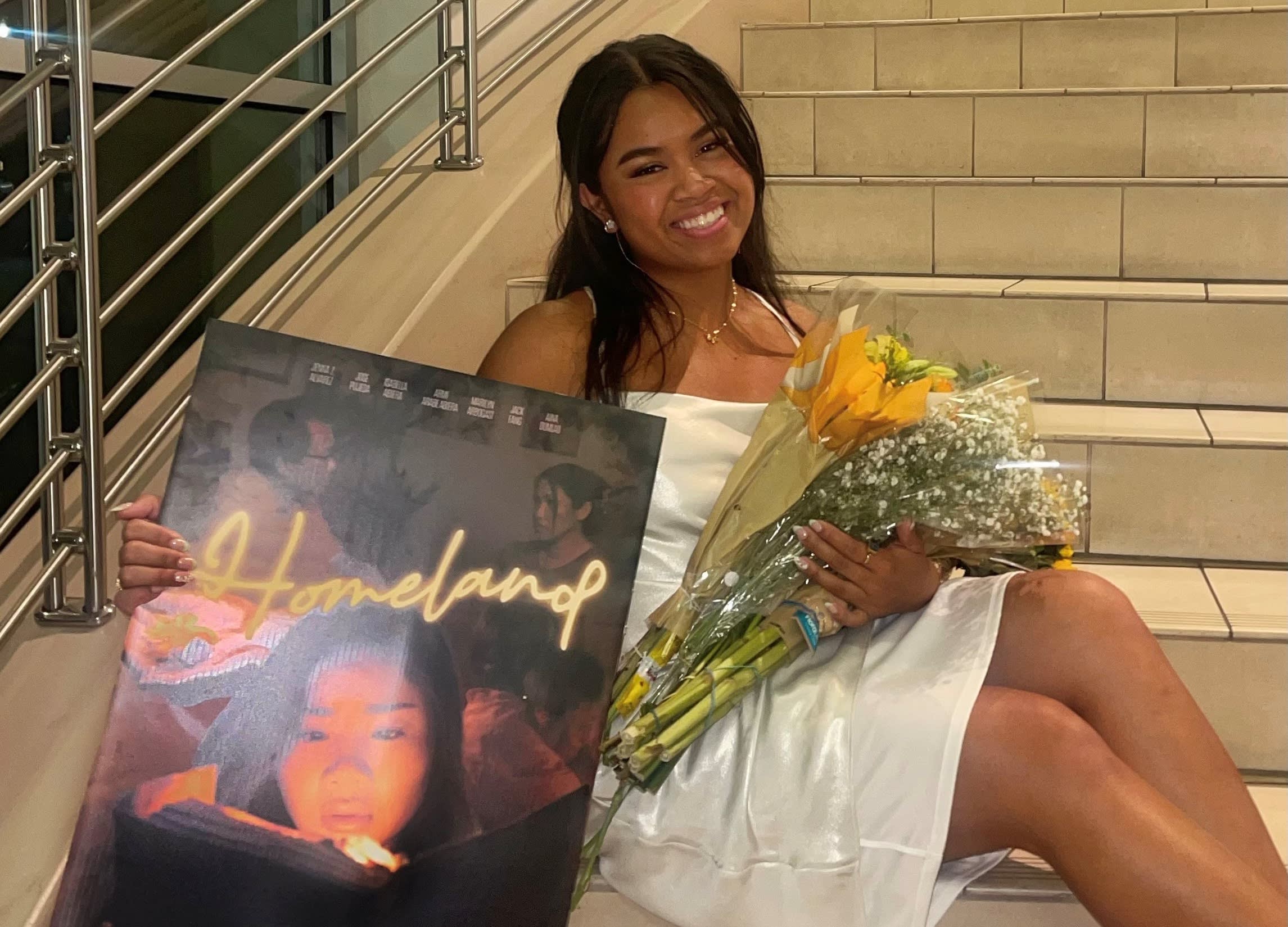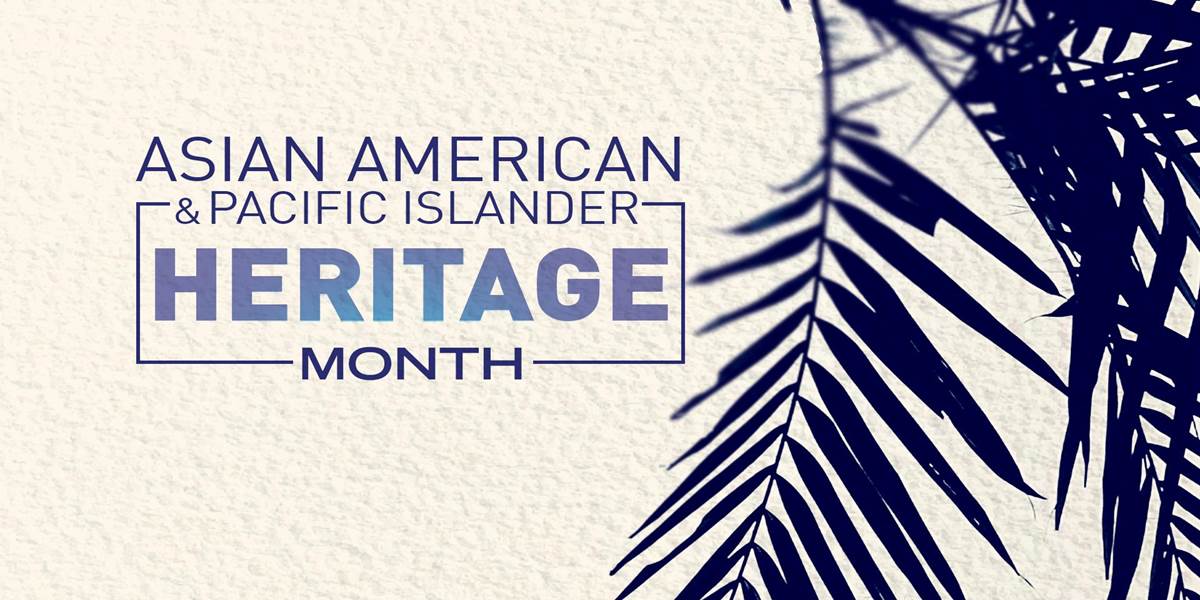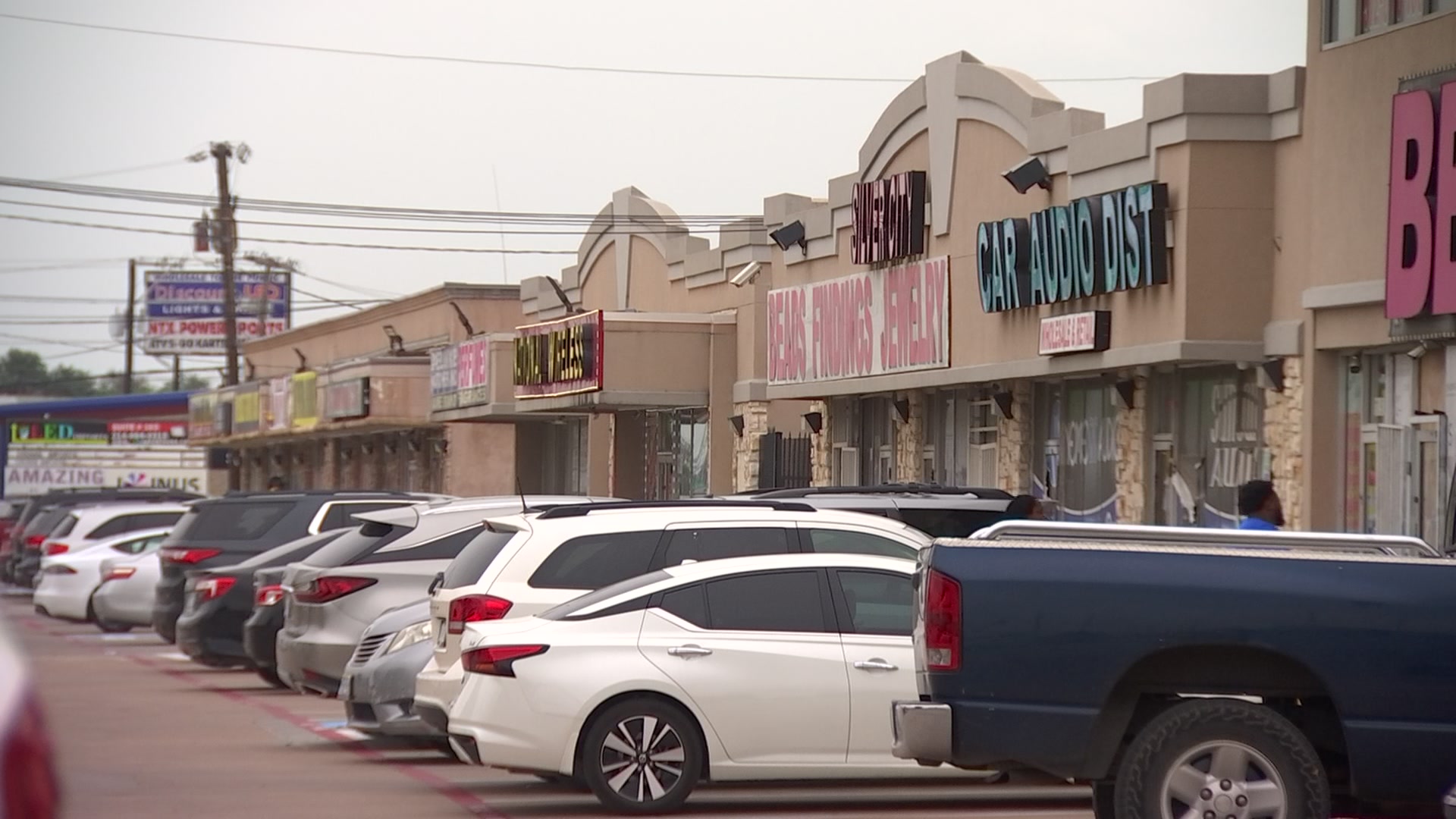The last few years have presented a lot of challenges for the Asian-American community with increased racism during the pandemic and targeted violence against Asian Americans.
On Tuesday, a part of the AAPI community showed their appreciation to those who have helped guide them through it all.
The Greater Dallas Korean American Chamber of Commerce hosted an appreciation luncheon for Dallas Police at Sura Korean restaurant in the heart of Dallas’ Koreatown on Royal Lane. The group also awarded scholarships to several high school graduates of Dallas Police employees.
"As a community, we cannot simply meet in moments of crisis. This is an example of us meeting together and breaking bread,” said Dallas Police Chief Eddie Garcia.
Get DFW local news, weather forecasts and entertainment stories to your inbox. Sign up for NBC DFW newsletters.
Since 2020, the pandemic brought a rise in racist attacks against Asian Americans across Texas and beyond.
Last year, a man was indicted on a hate crime charge after a shooting spree that targeted Asian-owned businesses in Dallas, injuring three Korean women in a shooting attack at a hair salon in Koreatown.
The Allen mass shooting brought more fear when a Korean-American family was killed – only their 6-year-old survived. A memorial ceremony was held at the GDKACC to honor the parents and their 3-year-old son who were all killed in the attack.
Throughout everything, the community said their bond with local police has been made stronger. Tuesday’s event signified that.
"Our lives would have been more shattered and our society would have suffered a greater impact from those heinous crimes, if not for our brave law enforcement officers,” said M.J. Kim of the Dallas consulate office for the Republic of Korea.
Sr. Cpl. David Kim is one of 124 Asian-American officers and staff on the Dallas Police Department's force. He said that representation and fostering relationships with the community are important.
"It's hard to teach culture unless you grow up in it, and speaking the same language does help. It opens up to the community much faster,” he said.
Get updates on what's happening in North Texas to your inbox. Sign up for our News Headlines newsletter.
Kim was born and raised in South Korea but spent most of his life in Texas. He’s served with the Dallas Police for 14 years. He said he’s worked hard in educating the Asian community on trusting officers and calling them when they need help.
“A lot of Asian communities try to take care within themselves and not report incidents to the police. I always tell them and emphasize that you need to make a report because if you’re not part of the data or crime stats, we’re not going to deploy any resources,” he said. “I’m preaching to them the importance of calling the police.”
Tuesday’s luncheon also celebrated the recent designation of Dallas' Koreatown by the state legislature this session.
"Hwan-yeong hamnida to Koreatown,” said Omar Narvaez, councilmember for Dallas City Council District 6, extending greetings in newly-learned Korean to the luncheon. "Koreatown is something that many of you in this room worked on for decades but this year, it's a reality."
Dual language signs already identify the streets in both English and Korean along Royal Lane, with more signage to come.
"Together we will get there to make Koreatown the most vibrant community and business district here in Dallas," Narvaez, said.




